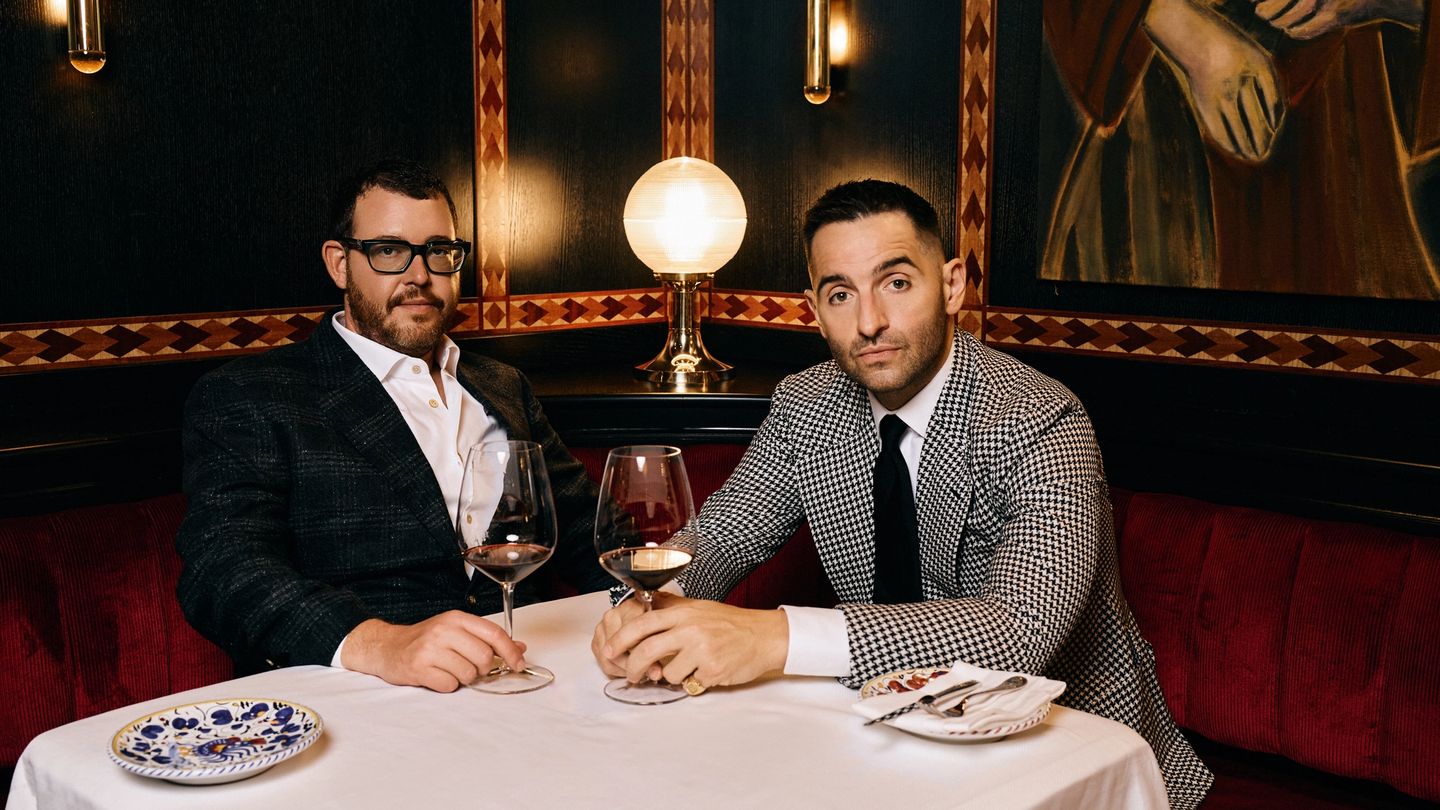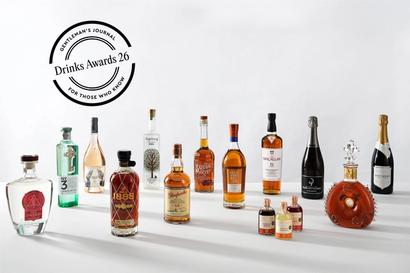

Red sauce for the blue bloods: Can Carbone woo the Mayfair set?
Manhattan’s most beloved ‘red sauce’ joint is coming to Mayfair. Might Carbone be the dose of good-time dining that London deserves?
- Words: Joseph Bullmore
Carbone is prepared for a hurricane. That’s why its vast front doors open outwards, not inwards, I am told at the threshold of the restaurant's sparkling new Grosvenor Square digs. They learned that in Miami, no doubt, at another outpost of the sprawling empire. Not that there are many sub-tropical storms in Mayfair, of course. But a deluge is coming nonetheless. Not thirty seconds after I’ve arrived — as I stand on the chequerboard floor admiring a hand-painted Ginori plate that would look wonderful in the Tuscan palazzo that I do not happen to own — a navy-suited figure from the adjoining Rosewood Hotel pops their head in to explain that there has been a misunderstanding. The booking link for Carbone London has accidentally gone live on a reservations website, and the hotel concierges are desperately parrying off pleas for tables. This is a neat vignette on the power of the Carbone brand. (And I use the word almost literally, viscerally: a piping hot piece of block capital iconography, seared into the side of a very handsome beast.) You can’t even book a table, and already you can’t even book a table.


